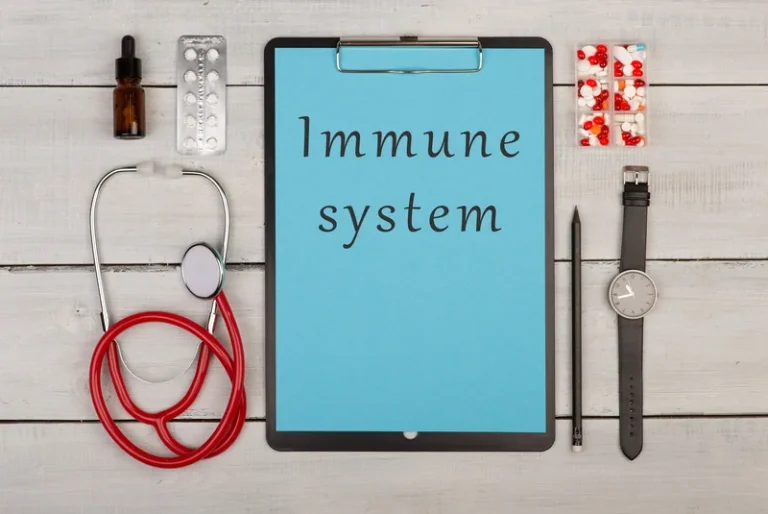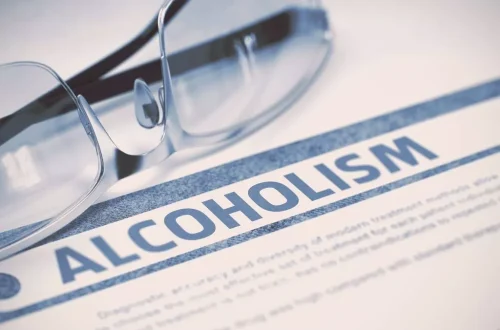
It happened because our bodies process alcohol differently from non-alcoholics. And while our body reacts differently, our brain doesn’t recognize that reality. To further illustrate, Brian discussed times in his life where he should have restrained from drinking. Where any sane, non-alcoholic person would have easily had one or two (or even none). But he was still convinced that he was making that choice, as opposed to the alcohol making that choice for him. As most of us recognize now, this disease has nothing to do with choice or willpower.
(Even If I’m Sober)

Many people with an addiction to alcohol feel guilt, low self-esteem, and shame. When a person admits that alcohol is affecting his or her life, they can start recovery. The first step is about powerlessness over behavior that makes the individual’s life unmanageable. The first step of AA says, “We admitted we were powerless over alcohol and that our lives had become unmanageable.” Admitting powerlessness over alcohol is the foundation of your recovery.
- Alcoholics Anonymous (AA) operates under a set of 12 steps to achieve daily recovery.
- I make up excuses on why I don’t need to go to meetings this week.
- This is a common question asked by people who are new in their recovery journey.
- Step One isn’t the only reason for this, but it is clearly a part of the problem.
- By incorporating these tools and practices into their recovery journey, individuals can develop resilience, find support, and experience a greater sense of freedom and inner peace.
List of Examples of Powerlessness in Sobriety

Your sobriety will remain unpredictable, and you won’t find any enduring strength until you can admit defeat. “We admitted we were powerless over alcohol” is, of course, Step One of Alcoholics Anonymous. 12-step programs have been statistically shown to have a 5-10% success rate.
What Is Step 1 of Alcoholics Anonymous (AA)?
How many times have we had these kinds of thoughts and believed them? Let’s face it when we control it, we’re not enjoying it, and when we’re enjoying it, we’re not controlling it. What does “powerless” mean when it comes to alcoholism/addiction? The dictionary defines powerless as being without the power to do something or prevent something from happening.
Embracing a higher power allows individuals to let go of the need to control every aspect of their lives and trust in a greater force. Powerlessness in sobriety refers to the recognition that individuals struggling with addiction do not have complete control over their substance use or the consequences that arise from it. It involves acknowledging that attempts to control or manage addiction have been unsuccessful, leading to negative outcomes. This understanding helps individuals to let go of the illusion of control and open themselves up to the possibility of recovery. Understanding powerlessness in sobriety can help you manage your addiction.
- Further, the Power greater than ourselves abruptly brings God into the equation.
- It’s not only damaging to your confidence, it can be humiliating.
- As most of us recognize now, this disease has nothing to do with choice or willpower.
- If there are any concerns about content we have published, please reach out to us at
Other 12-step programs include Al-Anon, Gamblers Anonymous, Overeaters Anonymous, Sexaholics Anonymous, and others. These groups use similar principles, but each has its own unique approach. She is committed to living out the 12-step philosophy and sharing the message of hope to those still suffering in addiction—and to those in recovery as well. The good news is that my admission of powerlessness was the springboard to my recovery. By Buddy TBuddy T is a writer and founding member of the Online Al-Anon Outreach Committee with decades of experience writing about alcoholism.

By embracing powerlessness, we can focus on the present moment and find peace within ourselves. This newfound freedom and inner peace create a solid foundation for our recovery journey, enabling us to navigate life’s challenges with a sense of calm and clarity. This step of accepting powerlessness from the 12-Step process of recovery essentially highlights the power of drugs and alcohol over our lives. Few people intend to destroy their i am powerless over alcohol lives and relationships by drinking or doing drugs, but that is what can happen with addiction. These substances literally rewire brain function, making the need to satisfy a craving take prominence over everything else in life–regardless of the consequences. By incorporating these tools and practices into their recovery journey, individuals can develop resilience, find support, and experience a greater sense of freedom and inner peace.
The Narcotics Anonymous (NA) Big Book states that “we were powerless over our drug problem” as its first tenet. Like AA members, NA members believe they cannot control drugs without the help of a higher power. Has a love for the 12 steps, as working through them several times has helped her steer clear of addictions and grow personally and spiritually. According to Twelve Steps and Twelve Traditions (1981), “Our admissions of personal powerlessness finally turn out to be firm bedrock upon which happy and purposeful lives may be built” (p. 21). Are you ready to achieve liberation and strength over your destructive drinking habits?
Susan is no stranger to the fields of behavioral health and addiction. She has over 25 years of experience, working in an inpatient setting, an outpatient setting, acute stabilization and nearly all other settings in the realm of addiction recovery. Letting go of the past, accepting your present and opening yourself up to a new way of living isn’t an easy thing to do, especially in the beginning. The 12-step road to recovery can appear pretty intimidating to someone who is just starting out, but solutions exist. It applies both to our inability to abstain from using a substance or engaging in certain behavior as well as limiting its quantity. While the realization might be painful and challenge the idea of who we imagine ourselves to be, it’s impossible to solve a problem without first acknowledging the scope and scale of the issue.
